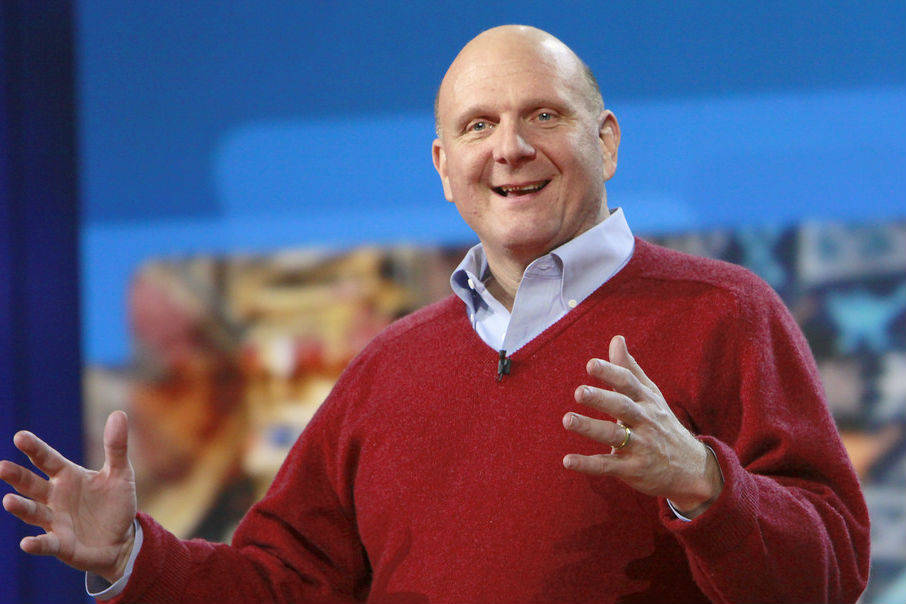As any honest observer of the debate over Seattle’s proposed income tax will tell you, there exist legitimate legal questions about the proposal. Over the decades, the state Supreme Court and legislature have both weighed in on the idea of income taxes, though never in a way that has been encouraging to tax proponents. As has been oft-reported during the income-tax debate, the Supreme Court in the 1930s issued a series of rulings that found a progressive income tax at odds with the state constitution. There is also a Reagan-era state law barring taxes on net income.
All that said, though, some scholars see a possible path to a legal income tax, and are eager to see Seattle pass its ordinance as a means to test that legality. We won’t go into the intricacies here, but suffice it to say that from a pro-income tax perspective, what’s billed as a detriment to the proposal currently in front of the Seattle City Council (it may be illegal!) is actually an attribute (well, let’s just test that out).
Likewise, we suggest a similar approach to another argument that’s been leveled against the legislation in recent weeks. As Seattle leaders jog toward the July 10 passage of a tax on income above a quarter-million dollars, critics warn that the tax could drive out some of those Seattleites wealthy enough to be affected by it.
Former Microsoft CEO Steve Ballmer told KIRO Radio that the tax would create an “unfavorable business climate” that could force tech workers out of the city.
That’s doubtful. The primary reasons workers and companies decide to locate here won’t be changed by a small tax increase on a small group of taxpayers (unless Seattle is some kind of secret tax haven that we don’t know about). As is, it’s not as though the rich are already struggling under the tax collector’s yoke. Among large U.S. cities, Seattle has one of the lightest tax burdens on high earners, and one of the heaviest on low earners. On average, a Seattle household earning $25,000 pays triple the rate paid by a household earning $150,000. The income tax could offset this imbalance by raising an estimated $125 million per year for the city. City leaders say the new tax revenue will allow them to cut regressive taxes like the sales tax.
That kind of redistributive “tax justice,” as activists call it, is by itself a compelling reason to support the income tax. But let’s set aside considerations of justice and instead address Ballmer’s objection. For the sake of argument, suppose an income tax really does make rich people evacuate the city in droves. Ballmer and other critics believe that would be a bad thing. We disagree. If the income tax prods certain high earners to relocate to Bellevue, that’s a desirable feature, not a bug. Here’s why:
First, an exodus of the wealthy means fewer rich people bidding up Seattle’s housing market. That creates downward pressure on prices as landlords compete for the remaining tenants and buyers. In other words, the more rich people flee, the cheaper housing prices are likely to get. Increasing our stock of affordable housing is a top priority in this city, and if a side effect of an income tax on high earnings convinces a significant number of high-end buyers to exit Seattle’s housing market—well, so much the better for the rest of us struggling to stay afloat closer to the bottom.
Second, an income tax might reduce the number of rich jerks living here. If someone is wealthy enough to qualify for the income tax in the first place but still insists on being a free-rider, perhaps the city is better off without them. Some rich people will pay taxes; others will abscond from our housing market and our bar scenes. Either way, the rest of us benefit.
Cheaper housing, fewer jerks. It’s a win/win. But again, there’s no reason to think that any of this will happen. Rich people who like Seattle will still like it and still be able to afford it. But if by some strange twist of fate the tax does push a significant number of them out, so be it.
editorial@seattleweekly.com






